About the course
Many contemporary challenges involve the law or have a socio-legal dimension, whether they concern the economy, politics, the socio-cultural sphere, or the environment. Think of resource conflicts, digital commons, modern slavery, climate justice, non-discrimination, surveillance policies, crypto-assets, border control regimes, indigenous rights, or democratic transitions: law seems very much in need as well as often inefficient.
The sociology of law is a discipline that helps to understand the potentials and limits of law in solving social problems. It differs from jurisprudence in that it studies law not as a formal system of norms but as a social institution and sphere of reality, which hugely impacts people's lives. This perspective is shared in the broader field of socio-legal studies, which draws on theories and methods from across the social sciences as well as the humanities.
This Master's degree programme offers a comprehensive introduction into the sociology of law and socio-legal studies for advanced students coming from different backgrounds in law or the social sciences and multiple regional contexts across the world. The programme promotes an understanding of the role of law in society, and its manifold cultural, political, and economic settings, from a comparative, interdisciplinary and international perspective.
* For more information about the price, please see the master's programme secretary.


